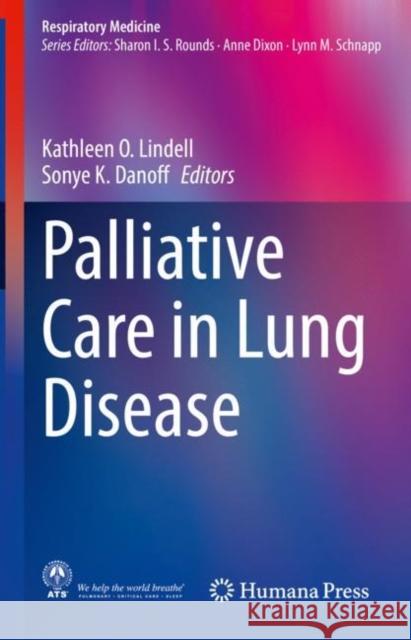Palliative Care in Lung Disease » książka
topmenu
Palliative Care in Lung Disease
ISBN-13: 9783030817879 / Angielski / Twarda / 2021 / 399 str.
Palliative Care in Lung Disease
ISBN-13: 9783030817879 / Angielski / Twarda / 2021 / 399 str.
cena 443,82
(netto: 422,69 VAT: 5%)
Najniższa cena z 30 dni: 424,07
(netto: 422,69 VAT: 5%)
Najniższa cena z 30 dni: 424,07
Termin realizacji zamówienia:
ok. 22 dni roboczych
Dostawa w 2026 r.
ok. 22 dni roboczych
Dostawa w 2026 r.
Darmowa dostawa!
Kategorie BISAC:
Wydawca:
Humana
Seria wydawnicza:
Język:
Angielski
ISBN-13:
9783030817879
Rok wydania:
2021
Wydanie:
2021
Numer serii:
000353203
Ilość stron:
399
Waga:
0.81 kg
Wymiary:
23.88 x 20.32 x 2.29
Oprawa:
Twarda
Wolumenów:
01











